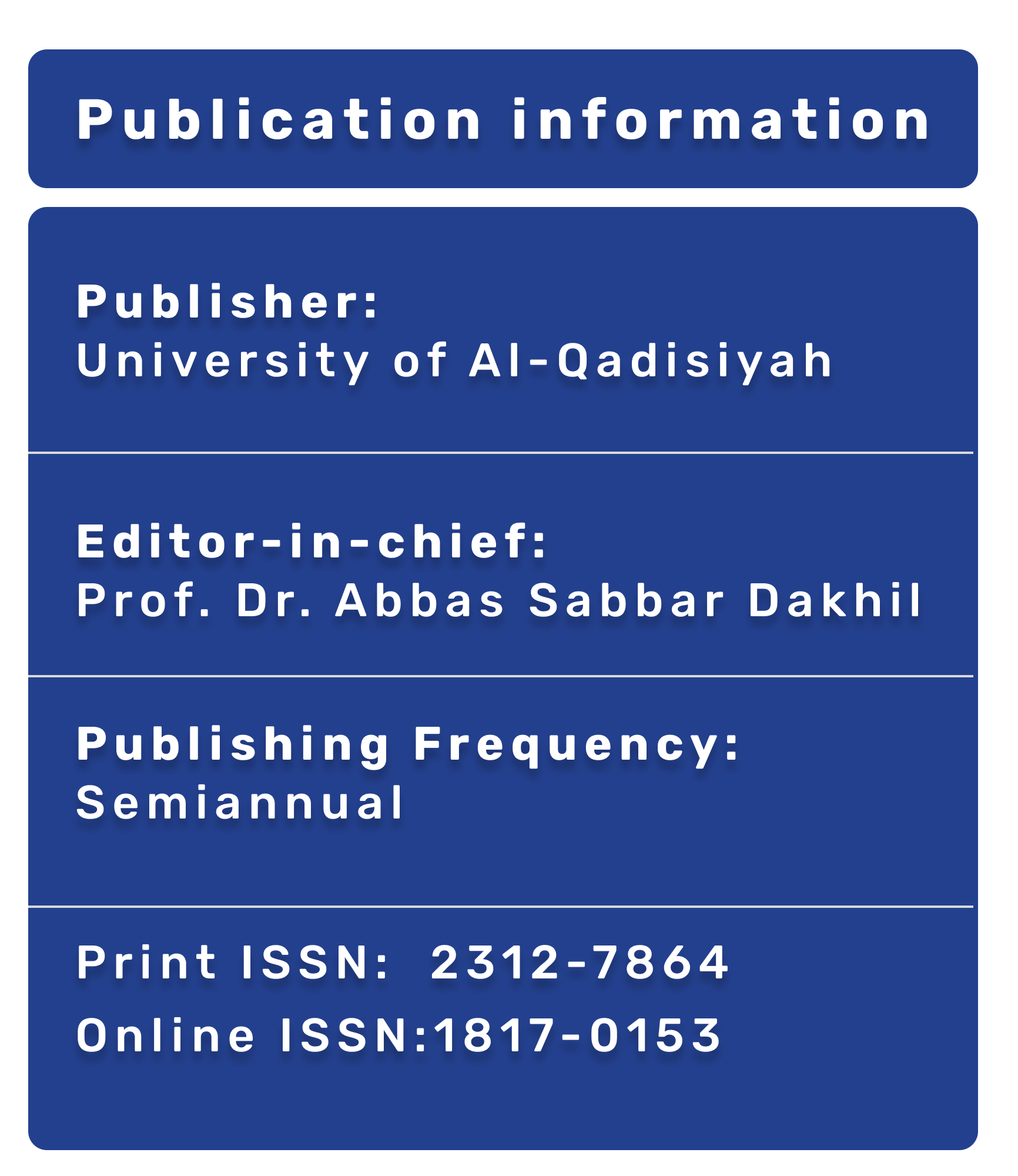Evaluation of the effect of using NSAIDs on ovulation in women during reproductive age: a case control study
DOI:
https://doi.org/10.28922/qmj.2019.15.1.109-112Keywords:
NSAIDs, ovulation, reproductive ageAbstract
Background: Unovulation is an important cause of female infertility whether primary or secondary. Prostaglandins play an important role in normal physiology of ovulation. Non-steroidal anti-inflammatory drugs (NSAIDs) are often prescribed for treatment of a variety of medical conditions in the field of obstetrics and gynecology. Sufficient controversy about the role of NSAIDs on ovulation exists.
Aim of the study: to evaluate rate of ovulation in two groups one was healthy fertile women receiving NSAIDs and the other group include healthy fertile women receiving placebo treatment.
Patients and methods: The present case control study included two groups of healthy fertile women. The first groups included 30 women who were given the NSAID diclofenac sodium (olfen, Novartis) as 100 mg daily oral dose for 2 months duration and the other group included 30 women who were given placebo treatment for the same 2 months period. In the cycle following the completion of the intended period the following investigations were performed: serum progesterone level at day 10 and day 20 of menstrual cycle and ultrasound examination for identification of ovarian follicle size ate day 10 of the cycle and then at day 20 to confirm or exclude ovulation. The study extended from November 2017 to January 2018 and was carried out at Al-Diwaniyah maternity and child teaching hospital at Al-Diwaniyah province, Iraq.
Results:
Conclusion: The NSAID diclofenac sodium interferes significantly with ovulation in women during their reproductive life and should be use with caution in women seeking pregnancy.








